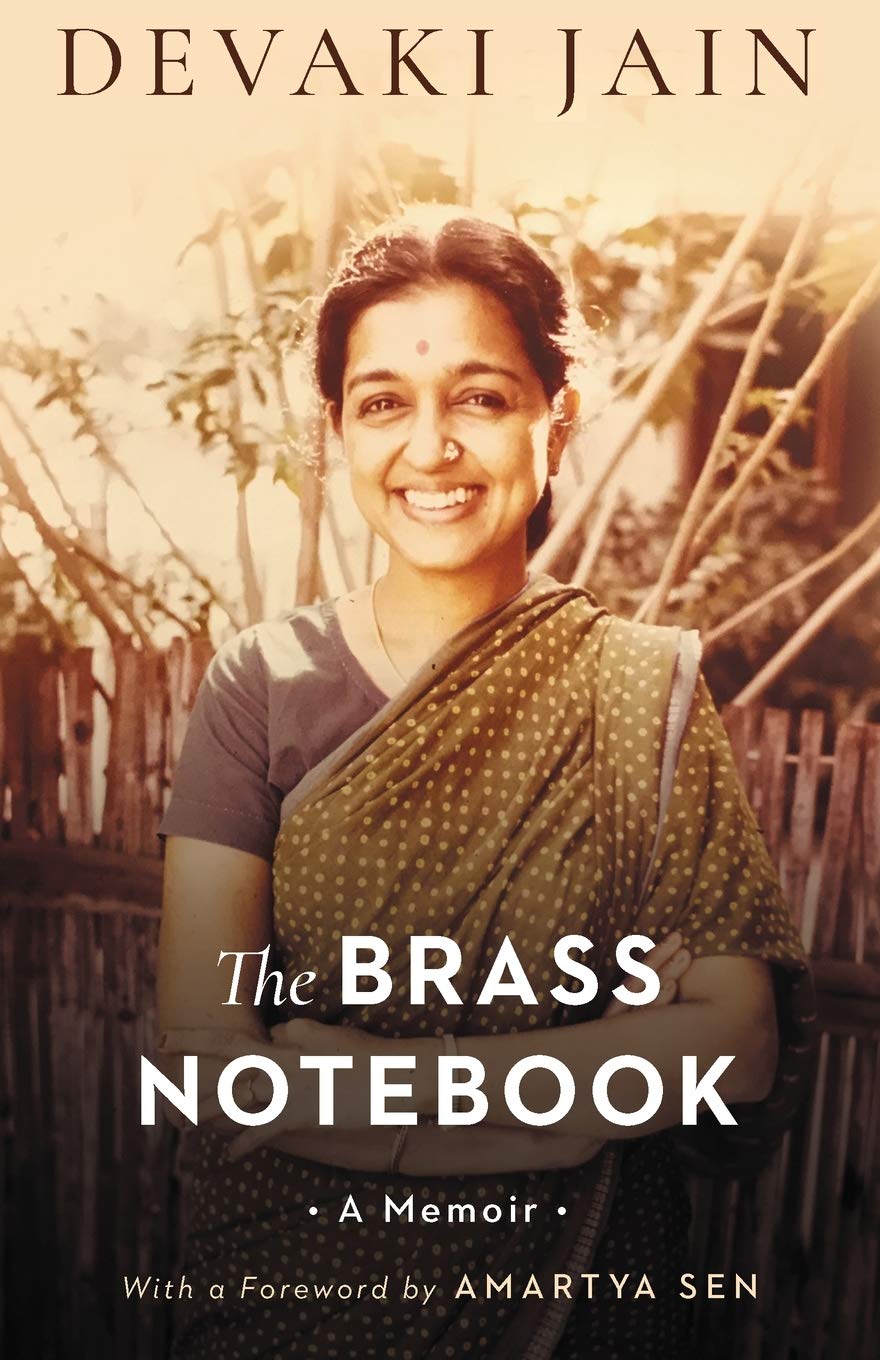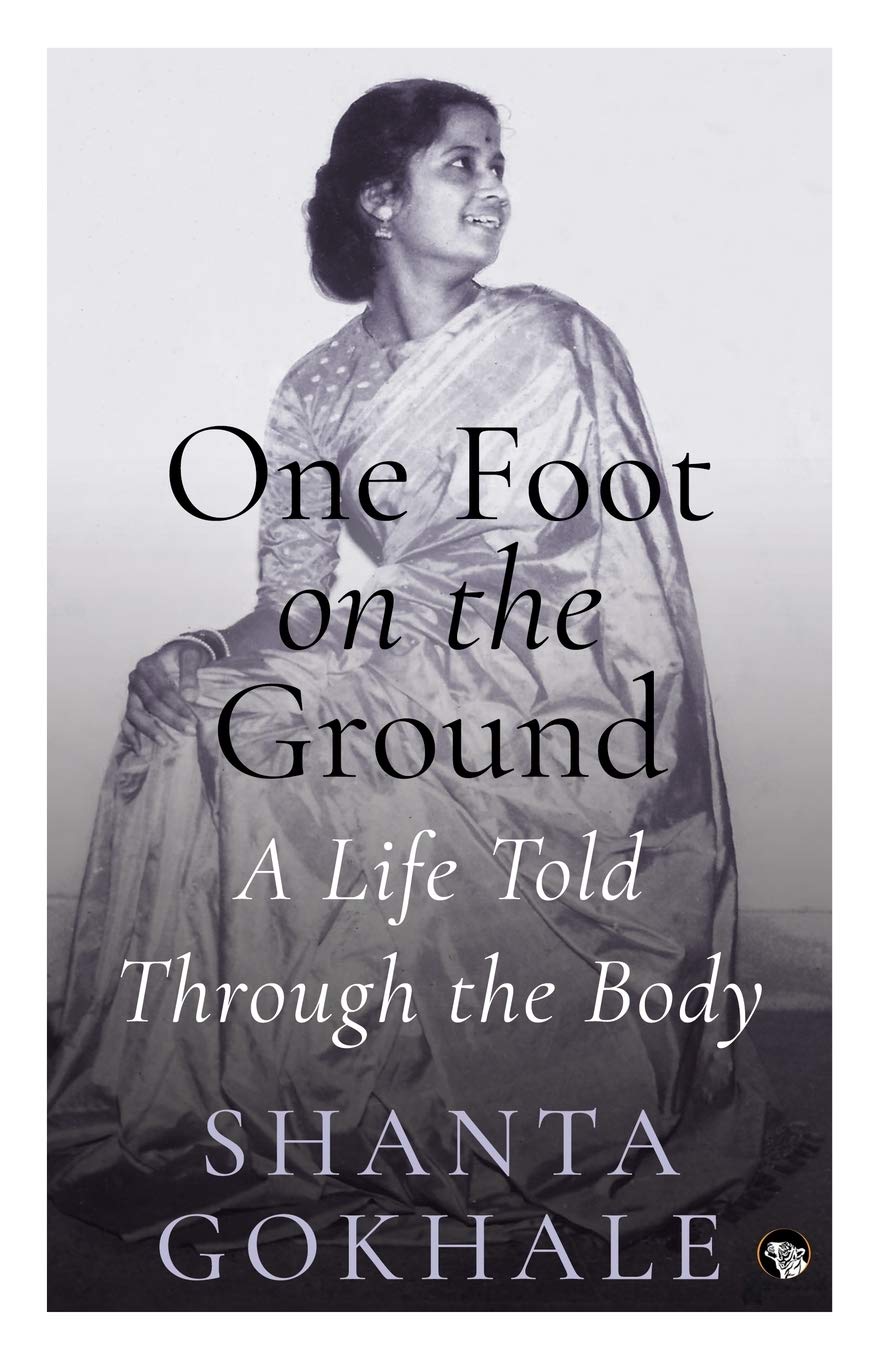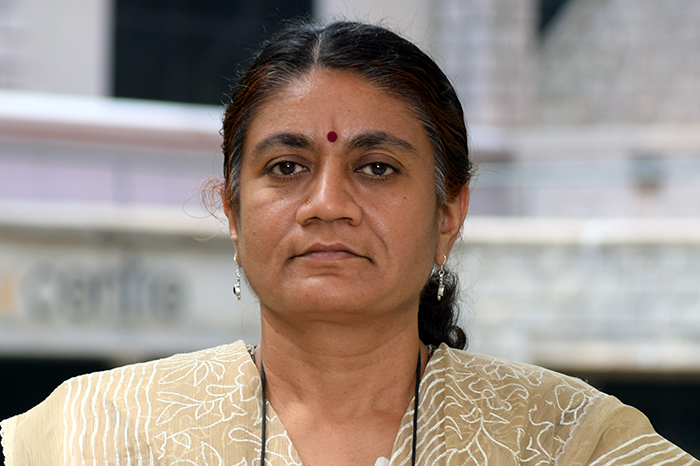In a frenzy of an extended weekend reading, I finished two recently published memoirs of women, now well into their 80s – Devaki Jain’s ‘The Brass Notebook: A memoir’ and Shanta Gokhale’s ‘One Foot on the Ground: A Life told through the Body’.* Both women are exemplars of modern Indian women representing a unique cohort – generations that witnessed the unfolding of India’s post-independence years.
The similarity in their life histories is rather incongruous but explained by their unique times and the fact that only a privileged few in those times could get the experiences they recount so vividly. In their case, what mattered most were modern and forward-looking parents, especially fathers, who broke stereotypes in bringing up their daughters and of course, their socially advantageous metropolitan backgrounds. Both talk about their fathers and their unusual upbringing, very fondly. Both ended up studying in English medium schools and eventually went to the United Kingdom (UK) to finish their higher education. Their time abroad as students also occupies a good chunk of the memoirs, giving a glimpse of what it meant to live a life of impecunious Indian female-students in the UK of the 60’s. Both speak about the love of reading, travelling and writing. The joy of writing and receiving long letters comes through in both the cases. What also struck me about both the memoirs was a lush, almost sumptuous, physicality in their descriptions. Shanta Gokhale specifically weaves hers around the parts of the body; while Devaki Jain in hers, is uninhibited in talking about bodily desires. Both women mention being prey to childhood sexual misdemeanors by male members in the household and recount them, quite dispassionately. Devaki Jain also recounts a #metoo episode, not leaving much to guess as to the identity of the alleged gentleman in question.

After an uninhibited childhood around unconventional fathers and the freedom of a carefree (albeit tough) life abroad, it is the returning to the country, marriage and motherhood that sculpts their lives so differently. And with that, the tenor of the two memoirs undergoes a subtle change – a western orchestral piece for Devaki Jain to Shanta Gokhale’s plaintive sarangi. After her “waist-above” dalliances in Oxford, Devaki Jain gets back to the love of her life – Lakshmi Chand Jain. One of the pioneers of the co-operative movement in India, when she found out that he was betrothed, she insouciantly tells him to “leave her and marry me”. Going against her parents’ wishes, Devaki Jain writes that Lakshmi never quite forgot that she had left everything in coming to him. In Shanta Gokhale’s case, leaving the UK meant leaving the Norwegian Otto Tokvam, the one who got made a red ski-cap for her nose, to warm it up in the English cold. Her description of her subsequent two marriages and divorces made her (and me) wonder why she did not follow her father’s advice of teaching, writing and staying single! Fortunately, it was her ever-practical mother and the city of Bombay that got her back on track.
Much as we are made up of our personal biographies, our families, the choice of our partners and friends, it would be unfair to both women to have only those define their life histories. Our lives are pegged in the wider society we live in and the historical tenor of our times. There is a lot of the “wider socio-political and Indian feminism” angle in Devaki Jain’s memoir. However, a careful reading of the book also brings to light the causes ailing the Indian women’s movement today. Its roots were laid by privileged, elite women – who formed the intelligentsia of the 1960s and 70s and that largely continues to be so, even today. In Shanta Gokhale’s case, there is less of the overt “wider socio-political and Indian feminism”. But being the writer that she is, a perspicacious reader cannot miss the political in the personal. Her narration of navy-wifedom and nuances of how even well-read, smart and intelligent women put up with philandering spouses (precisely because they also happen to be well-read, smart and intelligent!) talks to modern feminism far more astutely: women’s need for spaces to pursue cerebral requirements – as basic as having companions to discuss books, music, art and other non-homey pursuits. She finally found her oeuvre in translations – like those of Lakshmibai Tilak’s ‘Smritichitre’ that she got to the wider, English-reading public.

Lastly, both memoirs are of women having led fairly privileged lives. To live a life of such jouissance as Devaki Jain did, of course requires not only an insouciant attitude, but also a strong scaffolding and an unmistakable self-assurance that comes with being privileged and well-connected. Assistance of several kinds – jobs, accommodation or travel-jaunts do plonk by without much hassle, when you happen to belong to a particular social milieu. For most women, the security net of the family – particularly of its male members, father and brothers and later husbands, still define the freedom they take, and these memoirs do not disabuse that.
Ultimately, memoirs are narratives. These are not private narratives trying to make sense of one’s life experiences, but those scripted for public consumption. And it is in the interstices straddling the private and public that a discerning reader can glean some truths. To that end, I am grateful to both, Devaki Jain and Shanta Gokhale, for allowing us to do just that and giving us an opportunity to relook our life-experiences, in light of theirs.
*One Foot on the Ground: A Life told through the Body, by Shanta Gokhale. Speaking Tiger. Rs. 399. And The Brass Notebook: A memoir, by Devaki Jain. Speaking Tiger. Rs. 599.

Prof. Rajalaxmi Kamath is with the Centre for Public Policy at IIM Bangalore.
